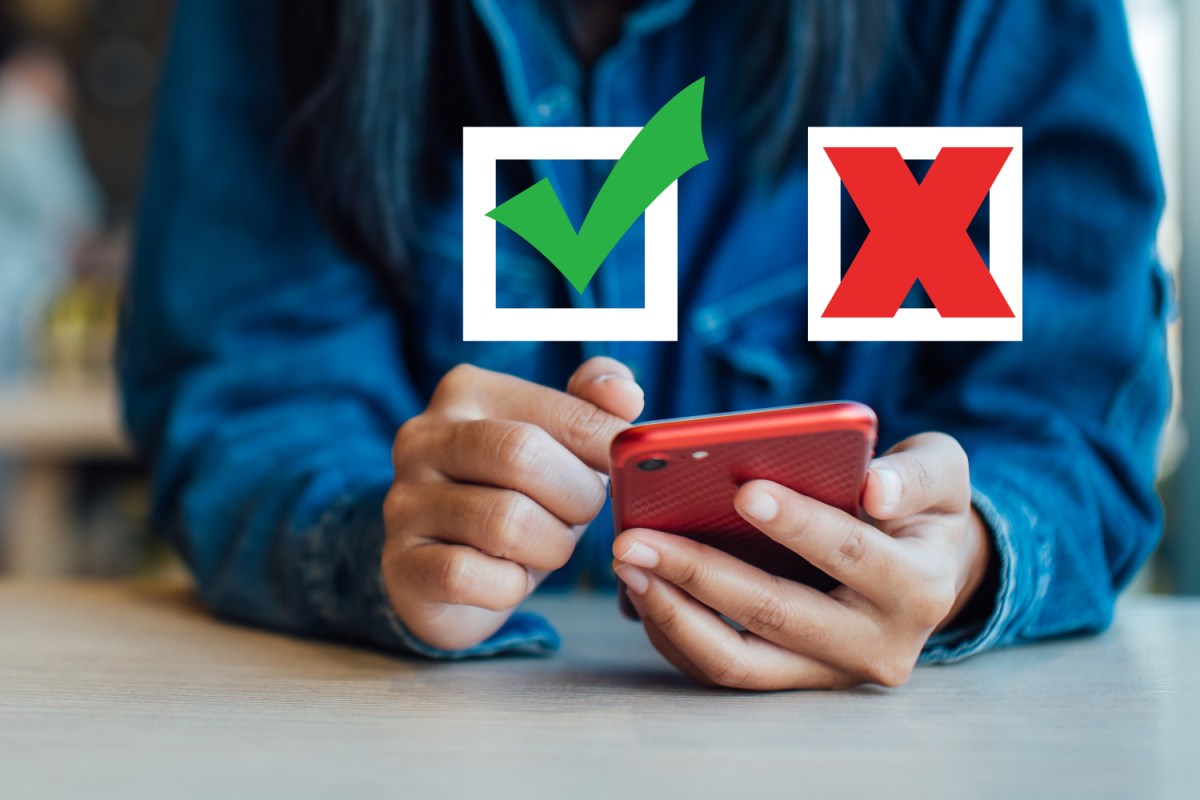Over in Australia, a police chief has come up with what may seem like a pretty good idea: a “sexual consent app” that would allow users to confirm and record their mutual consent before having sex. New South Wales Police Commissioner Mick Fuller floated the idea in an op-ed for the The Daily Telegraph, proposing the app could resemble “the technology that people use now to date” and may help combat sexual violence.
“The conversation around sex and consent seems to be anchored to the ‘50s and clearly it isn’t working,” Fuller wrote. “There is no implied consent. It needs to be positive consent. How do we do that in this day and age? One option is with technology.”
In theory, users would enter their names, declare that they are of legal age and understand sexual consent, and then send a request for their partner to accept. Once the requests were both accepted, the app would then store the digital agreement as proof that both parties gave consent, and voila, consent granted!
There’s just one problem: consent doesn’t really work like that. As Vice reported, many have raised legitimate criticisms of the app’s reductive approach to consent. The app, as Fuller has described it, reduces the extremely nuanced nature of consent to a simple yes/no binary, ignoring the fact that consent can be withdrawn at any point during a sexual encounter, as well as failing to recognize the wide variety of different kinds of sexual touch and activity that may be part of a single sexual experience, all of which may or may not be consented to individually.
Meanwhile, others have pointed out that an app that keeps a record of consent seems designed to protect sexual aggressors facing accusations of misconduct from legal recourse, serving as “proof” that consent was given in case a partner later claims they were assaulted.
“The proposal is well-intentioned [but] it would seem that the perpetrators of sexual assault might well gain more protection from this than victims,” Andrew Dyer, senior law lecturer at University of Sydney, told the ABC. “If the evidence of consent on the app came into evidence at a trial then [it] could be used against the woman to discredit her.”
Critics have also raised concerns that victims of sexual assault could be forced or coerced into recording “consent” on the app. In situations of sexual violence, what’s to stop an aggressor from forcing a victim to sign off on an app?
While app-based technology may be a convenient resource in many areas of life, consent is simply too complicated an issue to be solved by an app.
Thanks for reading InsideHook. Sign up for our daily newsletter and be in the know.


















